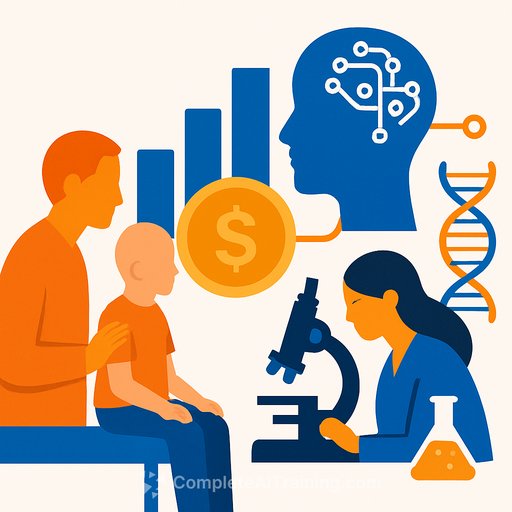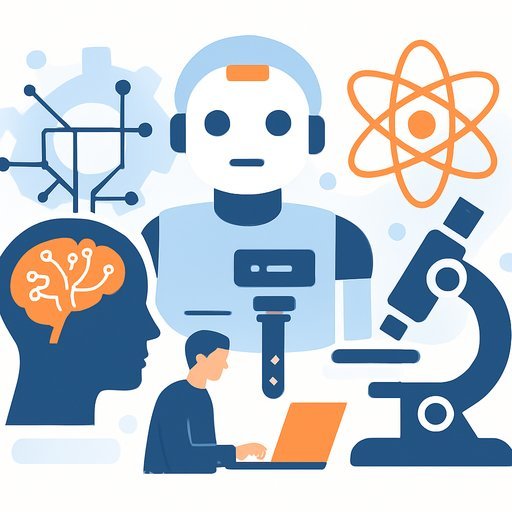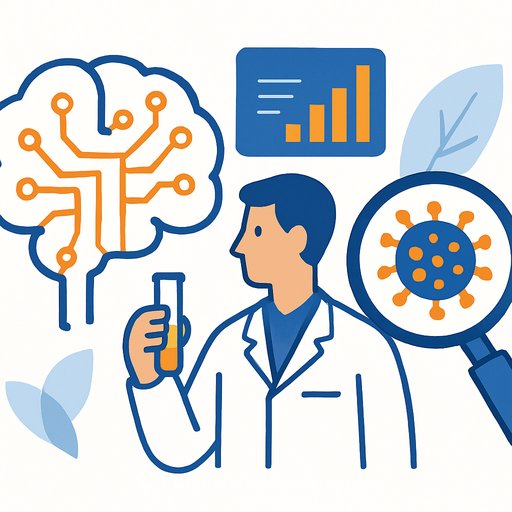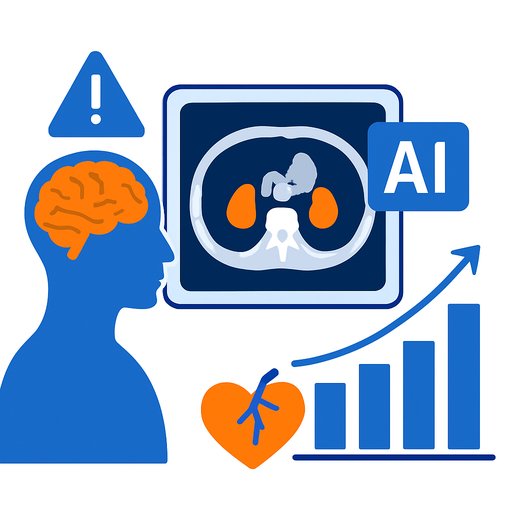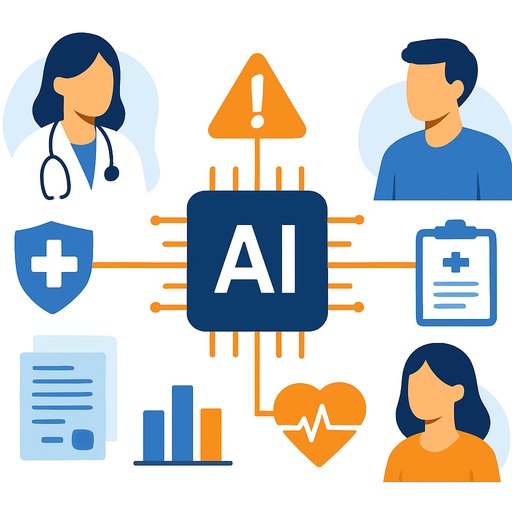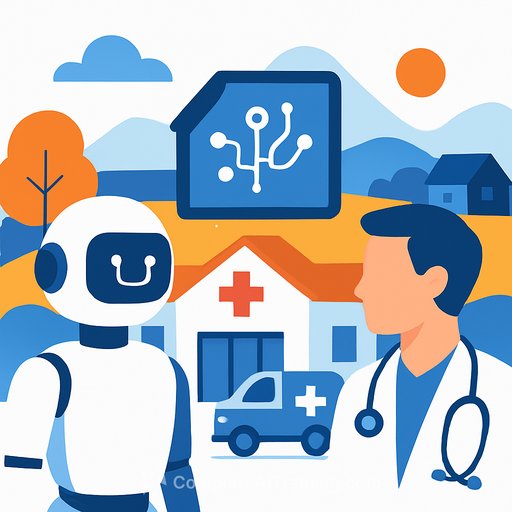HHS Doubles AI-Backed Childhood Cancer Research Funding
Tuesday, September 30, 2025
The U.S. Department of Health and Human Services (HHS) announced a major boost to the National Institutes of Health's Childhood Cancer Data Initiative (CCDI), doubling its budget from $50 million to $100 million. The expansion aims to speed progress in diagnostics, treatment development, and prevention using data-driven methods and new private-sector partnerships in artificial intelligence.
What's new
- CCDI funding increases to $100 million to expand data collection, generation, and analysis.
- Private-sector AI partners will support discovery, clinical research, and trial design.
- A new executive order, "Unlocking Cures for Pediatric Cancer with Artificial Intelligence," signals sustained federal focus.
Who's involved
President Trump joined Health and Human Services Secretary Robert F. Kennedy, Jr., NIH Director Jay Bhattacharya, and National Cancer Institute (NCI) Director Anthony Letai at the White House to outline the plan and next steps. Letai, sworn in on September 29, 2025, emphasized an unwavering commitment to children, teens, and young adults facing rare leukemias and other cancers.
How AI will be used
- Link and analyze electronic health records and claims data to inform research and clinical trials.
- Support earlier risk identification and targeted prevention strategies recommended by the Make American Healthy Again (MAHA) Commission Strategy Report.
- Strengthen data interoperability so researchers can learn from every patient encounter while maintaining family control over health information.
Why it matters
Pediatric cancer remains the leading cause of disease-related death for children in the United States. Incidence has risen by more than 40% since 1975, underscoring the need for better data, smarter trial design, and treatments that improve survivorship and quality of life.
What to watch next
- Implementation details for integrating EHR and claims data into research workflows.
- New AI-supported studies launched through CCDI and NCI programs.
- Guidance on data privacy, consent, and parent-controlled data sharing.
Image note
This image shows HHV-8 Latency-Associated Nuclear Antigen (LANA) expression via immunohistochemical staining in a Kaposi sarcoma biopsy from a pediatric patient in Malawi. Dark red nuclear staining indicates LANA presence; LANA-negative nuclei are counterstained blue with hematoxylin. The sample displays a classic spindle cell phenotype with disruption of lymph node architecture. Examining IHC markers and correlating with clinical data helps refine diagnostics and treatment decisions (200X magnification).
About CCDI and NCI
Launched in 2019, CCDI is a collaborative effort to collect, share, and analyze data to improve outcomes for children with cancer. To learn more about CCDI and pediatric cancer research at NCI, visit cancer.gov/ccdi and the NCI homepage at cancer.gov.
For teams building AI literacy
If your organization is planning AI projects in healthcare or public sector research, explore role-based upskilling options at Complete AI Training.
Your membership also unlocks:

